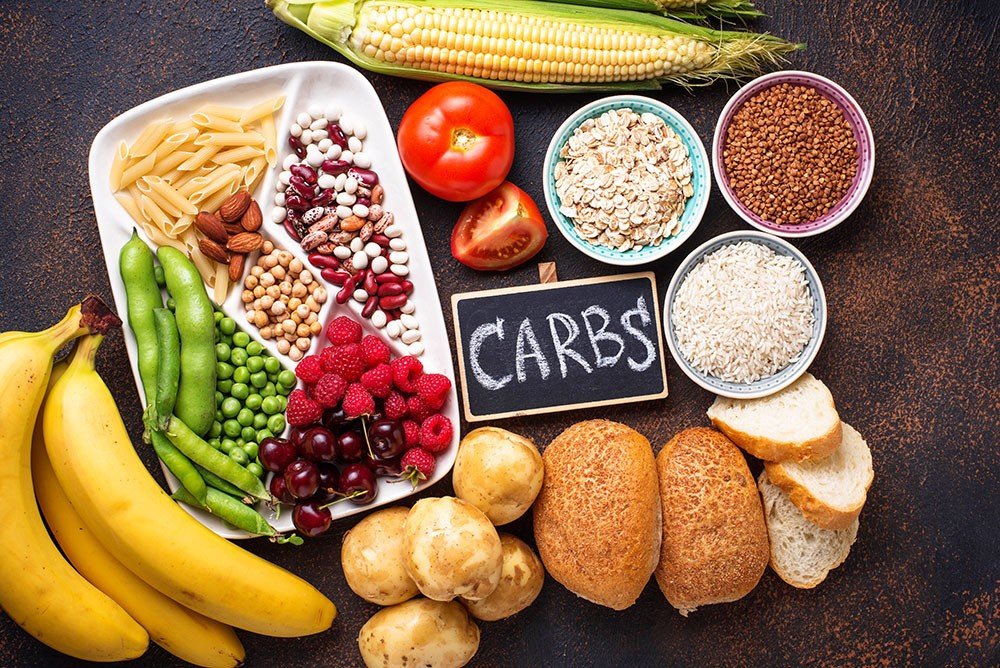Carbohydrates and Blood Sugar: Understanding the Dynamic Relationship
Carbohydrates play a crucial role in our diet, serving as a primary source of energy for our bodies. However, the consumption of carbohydrates has a significant impact on blood sugar levels, which can have both short-term and long-term effects on health. In this article, we will explore the relationship between carbohydrates and blood sugar, the mechanisms involved, and the implications for overall health.
Carbohydrates: The Basics
Carbohydrates are organic compounds composed of carbon, hydrogen, and oxygen atoms. They are one of the three macronutrients, alongside proteins and fats, that provide energy to the body. Carbohydrates can be categorized into simple and complex carbohydrates based on their chemical structure and how they affect blood sugar levels. Simple carbohydrates consist of one or two sugar units and are quickly digested and absorbed by the body. They include sugars found naturally in fruits (fructose) and milk (lactose), as well as added sugars in processed foods. Complex carbohydrates, on the other hand, consist of long chains of sugar units and take longer to digest. They are found in foods like whole grains, legumes, and starchy vegetables.
Blood Sugar Regulation: The Role of Insulin and Glucagon
Blood sugar, or blood glucose, is the main source of energy for our cells. However, maintaining stable blood sugar levels is essential for overall health. This balance is regulated by two hormones: insulin and glucagon, both produced by the pancreas. When we consume carbohydrates, they are broken down into glucose and released into the bloodstream. In response, the pancreas releases insulin, which helps cells absorb glucose from the bloodstream. Insulin also promotes the storage of excess glucose as glycogen in the liver and muscles. This process lowers blood sugar levels. Conversely, when blood sugar levels drop, as between meals or during physical activity, the pancreas releases glucagon. Glucagon signals the liver to break down glycogen into glucose and release it into the bloodstream, thus raising blood sugar levels.
Carbohydrates and Blood Sugar: The Glycemic Index
The glycemic index (GI) is a measure that ranks carbohydrates based on how quickly they raise blood sugar levels after consumption. Carbohydrates with a high GI are rapidly digested and cause a sharp spike in blood sugar levels, while those with a low GI are digested more slowly and lead to a gradual increase in blood sugar. Foods with a high GI include sugary snacks, white bread, and white rice, while foods with a low GI include whole grains, legumes, and most fruits and vegetables. The concept of the glycemic index is important for individuals with diabetes, as it helps them choose foods that can help manage their blood sugar levels more effectively.
Carbohydrates and Health Implications
1. Short-Term Effects: Excessive consumption of high-GI carbohydrates can lead to rapid spikes and subsequent crashes in blood sugar levels. This can result in feelings of fatigue, irritability, and hunger shortly after eating. Choosing carbohydrates with a lower GI can help stabilize blood sugar levels and provide sustained energy throughout the day.
2. Diabetes Management: Diabetes is a condition characterized by elevated blood sugar levels. In type 1 diabetes, the body doesn’t produce insulin, while in type 2 diabetes, the body becomes resistant to insulin’s effects. Monitoring carbohydrate intake is crucial for individuals with diabetes to manage their blood sugar levels effectively. Carbohydrate counting, along with consideration of the glycemic index, plays a key role in diabetes management.
3. Long-Term Effects: Prolonged high blood sugar levels can have serious health consequences. In the context of diabetes, uncontrolled blood sugar levels can lead to complications such as nerve damage, kidney disease, and cardiovascular problems. Additionally, consistently consuming high-GI foods may contribute to the development of insulin resistance and an increased risk of type 2 diabetes.
Strategies for Balanced Carbohydrate Consumption
1. Focus on Whole Foods: Choosing whole, unprocessed foods is a great way to ensure a balanced carbohydrate intake. Whole grains, fruits, vegetables, and legumes provide essential nutrients, dietary fiber, and a slower release of glucose into the bloodstream.
2. Portion Control: Paying attention to portion sizes helps manage carbohydrate intake. Even healthy carbohydrates can contribute to elevated blood sugar levels if consumed excessively.
3. Combining Carbohydrates with Protein and Fat: Including lean proteins and healthy fats in meals can slow down the digestion and absorption of carbohydrates, leading to more stable blood sugar levels.
4. Glycemic Load Consideration: The glycemic load takes into account both the glycemic index and the portion size of a food. It provides a more accurate assessment of a food’s impact on blood sugar levels.


